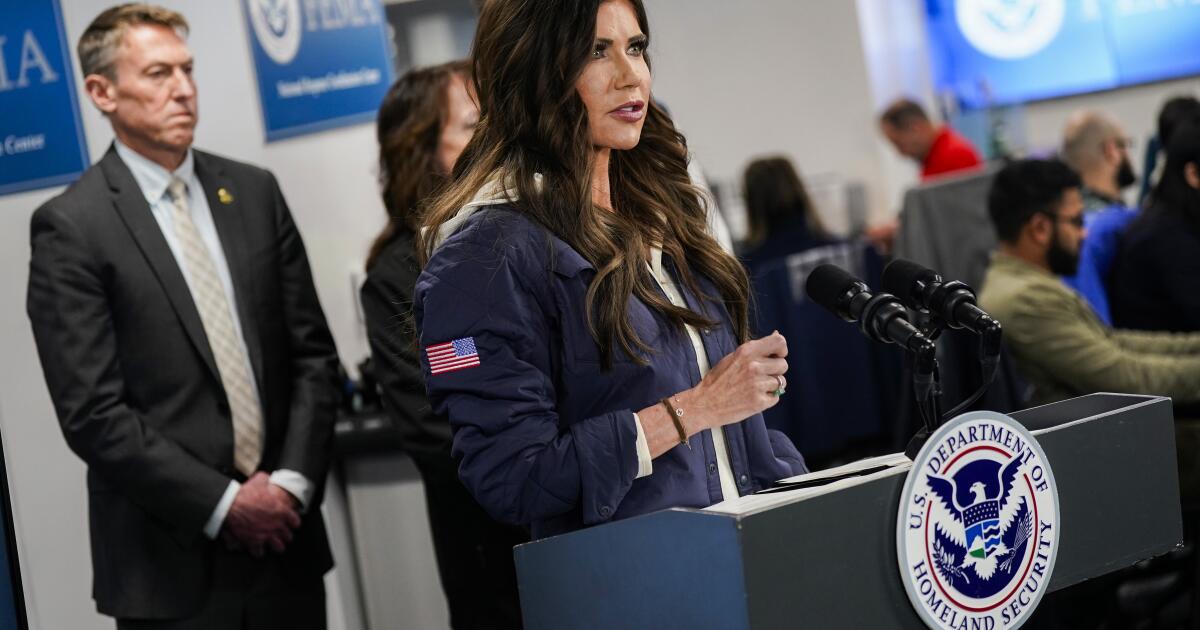Trump administration plan could restrict work permits for asylum seekers for years
WASHINGTON — Immigrant advocates fear a Trump administration proposal released Friday amounts to an indefinite pause on new work permits for asylum seekers.
The draft regulation from U.S. Citizenship and Immigration Services would halt the acceptance of work permit applications when average processing times at the agency exceed 180 days.
The regulation also would extend the time asylum seekers must wait before becoming eligible to apply for a work permit, lengthening the period from 150 days to 365 days.
The proposal says USCIS expects that new work permit applications for asylum seekers “would be paused for an extended period, possibly many years.”
Conchita Cruz, co-executive director of the Asylum Seeker Advocacy Project, said the regulation would be catastrophic for asylum seekers, their families and U.S. communities.
“Forcing individuals who are working and living in the United States legally out of their jobs is not only cruel, but it is bad policy,” she said. “If this regulation goes into effect, it will hurt U.S. families, businesses and the U.S. economy.”
The proposed regulation change comes amid broad efforts by the Trump administration to end humanitarian benefits and restrict legal immigration.
For example, Homeland Security has sought to terminate Temporary Protected Status benefits that provided work permits and deportation protection to hundreds of thousands of immigrants. And in a memo released this week, the agency said agents are authorized to detain refugees who have not yet filed applications for lawful permanent residence after their first year in the U.S.
Under the first Trump administration, agency officials in 2020 similarly proposed increasing the employment eligibility waiting period to one year.
